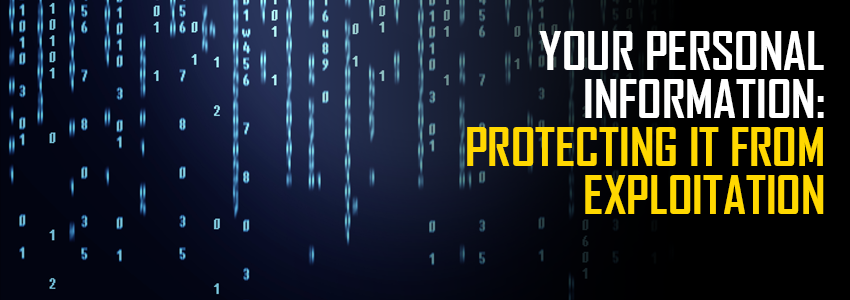 |
|||||||||||||||||||||
| Watch the Video | View the Brochure | Download the Text | |||||||||||||||||||||
| Data breaches involving personal information result in a broad range of risks to individuals and organizations. This includes identity theft, targeting of individuals with knowledge of sensitive government information and internal business processes, and other intelligence activities that use personal information of U.S. citizens to undermine national security. It is in our collective interest that we take actions to limit the risk of our personal information being exploited, and that we are able to recognize any indicators that we may be the target of such activities. Confirmation that your personal information has been accessed in a data breach is not a guarantee that your information will be misused or that you will be targeted for further exploitation. However, it is important to remain mindful of the risk of such misuse or exploitation. The following information is provided to raise your awareness to this possibility and to help you understand how your personal information may be used by foreign intelligence services, and other “bad actors” (extremists, criminals, hackers, and the like). The information below is provided to raise awareness and provide guidance for mitigating risks; it is not intended to indicate that the government has observed particular adverse effects from data compromises. |
|||||||||||||||||||||
| General Awareness & Protection Guidance | |||||||||||||||||||||
All individuals potentially affected by a breach should be wary of suspicious activities indicating their personal information has been or is being exploited, and follow these protective measures, including:
|
|||||||||||||||||||||
| How You Might Become a Victim |
|||||||||||||||||||||
| Reporting | |||||||||||||||||||||
| Videos | |||||||||||||||||||||
| More Information | |||||||||||||||||||||
 |
|||||||||||||||||||||



